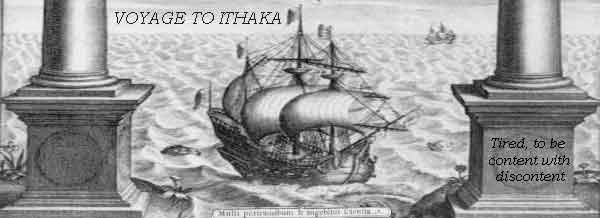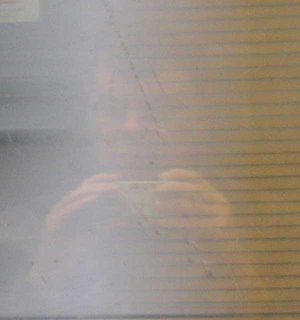Now playing - "Twisted"
(Thanks to J for, many years ago, introducing me to this wonderful Annie Ross track.)
My analyst told me that I was right out of my head
The way he described it, he said I'd be better dead than live
I didn't listen to his jive
I knew all along he was all wrong
And I knew that he thought I was crazy but I'm not.
My analyst told me that I was right out of my head
He said I'd need treatment but I'm not that easily led
He said I was the type that was most inclined
When out of his sight to be out of my mind
And he thought I was nuts, no more ifs or ands or buts.
They say as a child I appeared a little bit wild
With all my crazy ideas
But I knew what was happenin',
I knew I was a genius
What's so strange when you know that you're a wizard at three?
I knew that this was meant to be
Well I heard little children were supposed to sleep tight
That's why I drank a fifth of vodka one night
My parents got frantic, didn't know what to do
But I saw some crazy scenes before I came to
Now do you think I was crazy?
I may have been only three but I was swingin'.
They all laughed at Al Graham Bell
They all laughed at Edison and also at Einstein
So why should I feel sorry if they just couldn't understand
The litany and the logic that went on in my head?
I had a brain, it was insane
Don't you let them laugh at me
When I refused to ride on all those double decker buses
All because there was no driver on the top.
My analyst told me that I was right out of my head
The way he described it, he said I'd be better dead than live
I didn't listen to his jiveI knew all along he was all wrong
And I knew that he thought I was crazy but I'm not.
My analyst told me that I was right out of my head
But I said "Dear doctor, I think that it's you instead'
Cause I have got a thing that's unique and new
It proves that I'll have the last laugh on you'
Cause instead of one head... I got two
And you know two heads are better than one".
My analyst told me that I was right out of my head
The way he described it, he said I'd be better dead than live
I didn't listen to his jive
I knew all along he was all wrong
And I knew that he thought I was crazy but I'm not.
My analyst told me that I was right out of my head
He said I'd need treatment but I'm not that easily led
He said I was the type that was most inclined
When out of his sight to be out of my mind
And he thought I was nuts, no more ifs or ands or buts.
They say as a child I appeared a little bit wild
With all my crazy ideas
But I knew what was happenin',
I knew I was a genius
What's so strange when you know that you're a wizard at three?
I knew that this was meant to be
Well I heard little children were supposed to sleep tight
That's why I drank a fifth of vodka one night
My parents got frantic, didn't know what to do
But I saw some crazy scenes before I came to
Now do you think I was crazy?
I may have been only three but I was swingin'.
They all laughed at Al Graham Bell
They all laughed at Edison and also at Einstein
So why should I feel sorry if they just couldn't understand
The litany and the logic that went on in my head?
I had a brain, it was insane
Don't you let them laugh at me
When I refused to ride on all those double decker buses
All because there was no driver on the top.
My analyst told me that I was right out of my head
The way he described it, he said I'd be better dead than live
I didn't listen to his jiveI knew all along he was all wrong
And I knew that he thought I was crazy but I'm not.
My analyst told me that I was right out of my head
But I said "Dear doctor, I think that it's you instead'
Cause I have got a thing that's unique and new
It proves that I'll have the last laugh on you'
Cause instead of one head... I got two
And you know two heads are better than one".


